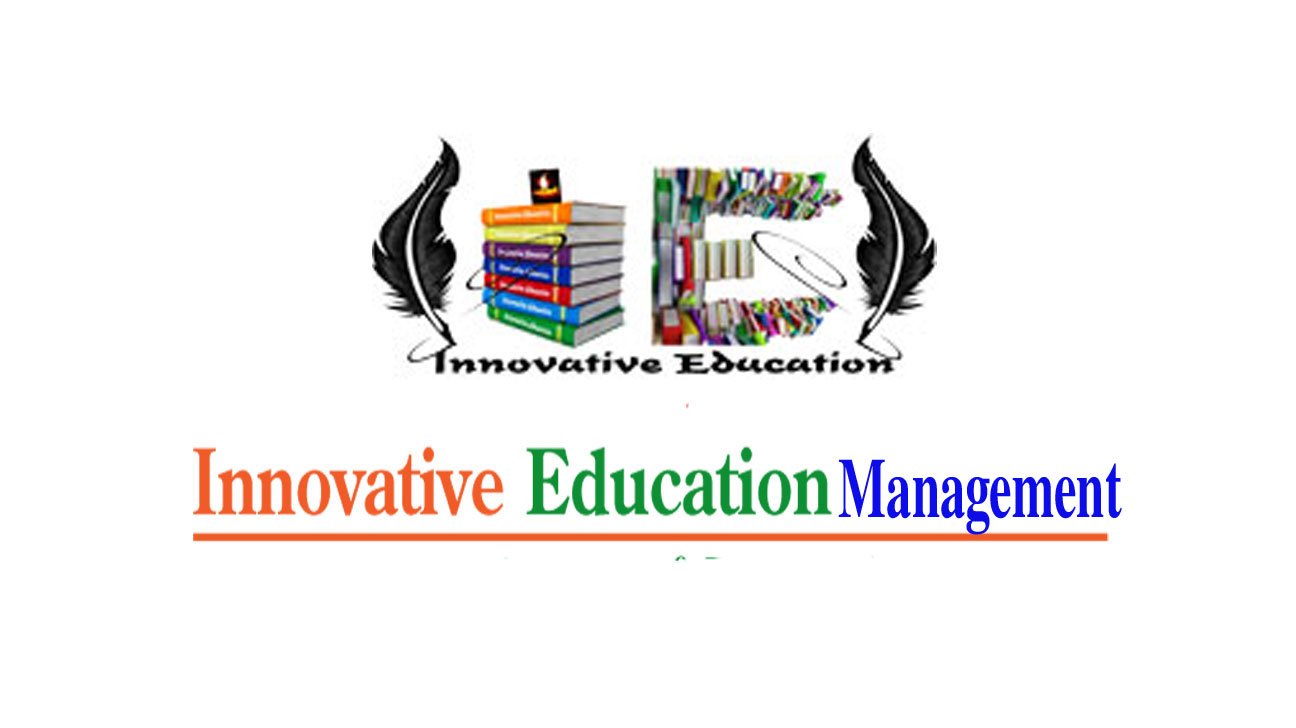Innovative Education Management some aspects
Innovative Education Management refers to the process of implementing new and creative approaches to managing educational institutions. With the rapidly evolving world, there is a need for schools to keep up with the latest trends in education management to provide high-quality education to students. Innovative Education Management involves redefining traditional practices, integrating new technologies, and developing new teaching methodologies that facilitate students’ growth and success. In this article, we will discuss various innovative education management practices that have emerged in recent times.
One of the most important aspects of Innovative Education Management is the incorporation of technology in the teaching and learning process. Educational institutions are increasingly adopting digital tools such as learning management systems, virtual classrooms, and online learning platforms to enhance the learning experience. These digital tools provide students with access to a vast range of learning resources and enable them to learn at their own pace. Technology has also made it possible to personalize learning by providing students with customized learning paths based on their learning styles and preferences.
Another important aspect of Innovative Education Management is the use of data analytics to monitor student performance and identify areas for improvement. Data analytics tools can help educational institutions track student progress, identify patterns of underperformance, and develop targeted interventions to improve student outcomes. By analyzing data on student performance, educators can gain valuable insights into the effectiveness of teaching methodologies and curriculum design.
Innovative Education Management also involves a shift toward student-centered learning. This approach emphasizes student empowerment, encourages self-directed learning, and places students at the center of the learning process. Student-centered learning enables students to take ownership of their learning and develop critical thinking and problem-solving skills. This approach also recognizes the diversity of student backgrounds and learning styles and provides opportunities for students to learn in ways that are meaningful and relevant to them.
To support student-centered learning, innovative education management practices also prioritize teacher professional development. Teachers need to have the skills and knowledge to facilitate student-centered learning effectively. They need to be able to use technology effectively, develop and implement new teaching methodologies, and work collaboratively with other teachers and educators. Professional development programs can provide teachers with the support and resources they need to develop their skills and keep up with the latest trends in education management.
Another innovative education management practice is the use of project-based learning. This approach involves students working on projects that are relevant to their interests and aligned with their learning goals. Project-based learning provides students with opportunities to apply their learning to real-world situations, develop teamwork and collaboration skills, and engage in hands-on learning. This approach also enables students to develop critical thinking and problem-solving skills and encourages creativity and innovation.
Innovative Education Management also involves the development of flexible learning environments. Educational institutions are increasingly recognizing the need for flexible learning spaces that can accommodate different teaching and learning styles. Flexible learning environments enable educators to design learning spaces that are adaptable to different learning needs and enable students to learn in ways that are comfortable and engaging for them. These spaces can include a variety of different learning areas, such as quiet study spaces, collaborative workspaces, and maker spaces.
Innovative Education Management practices also prioritize the integration of arts and humanities into the curriculum. The arts and humanities can provide students with valuable skills such as creativity, critical thinking, and communication skills. These skills are essential for success in the 21st century, where innovation and creativity are highly valued. By integrating arts and humanities into the curriculum, educational institutions can provide students with a well-rounded education that prepares them for success in a rapidly changing world.
Another important aspect of Innovative Education Management is the development of global education programs. Educational institutions are increasingly recognizing the need to prepare students for success in a globalized world. Global education programs provide students with opportunities to learn about different cultures and perspectives, develop language skills, and engage in international collaborations. These programs can include study abroad programs, international exchange programs, and virtual exchange programs. By participating in these programs, students can develop cross-cultural competencies and global citizenship skills that are highly valued in today’s workforce.
Innovative Education Management practices also prioritize the development of social and emotional learning (SEL) programs. SEL programs aim to support student’s social and emotional well-being by developing skills such as self-awareness, self-regulation, empathy, and social skills. SEL programs can help students develop positive relationships, improve their academic performance, and prepare them for success in the workforce. By prioritizing SEL programs, educational institutions can provide students with a well-rounded education that supports their holistic development.
To support the implementation of innovative education management practices, educational institutions need to develop a culture of innovation and continuous improvement. This culture should encourage experimentation, risk-taking, and collaboration among educators, administrators, and students. By fostering a culture of innovation, educational institutions can identify and implement new approaches to education management that improve student outcomes and prepare students for success in the 21st century.
In conclusion, Innovative Education Management practices are essential for preparing students for success in a rapidly changing world. These practices involve the incorporation of technology, the use of data analytics, the development of student-centered learning, the integration of arts and humanities, the development of global education programs, and the prioritization of social and emotional learning. To support the implementation of these practices, educational institutions need to develop a culture of innovation and continuous improvement that encourages experimentation, risk-taking, and collaboration. By prioritizing innovative education management practices, educational institutions can provide students with a high-quality education that prepares them for success in the 21st century.


Comments are closed.